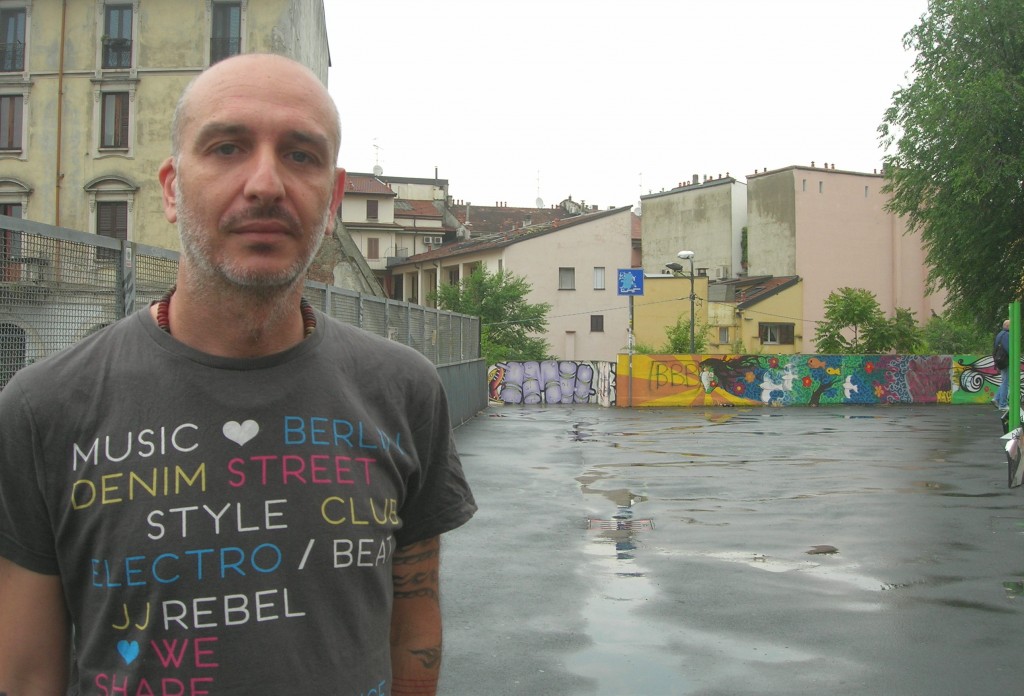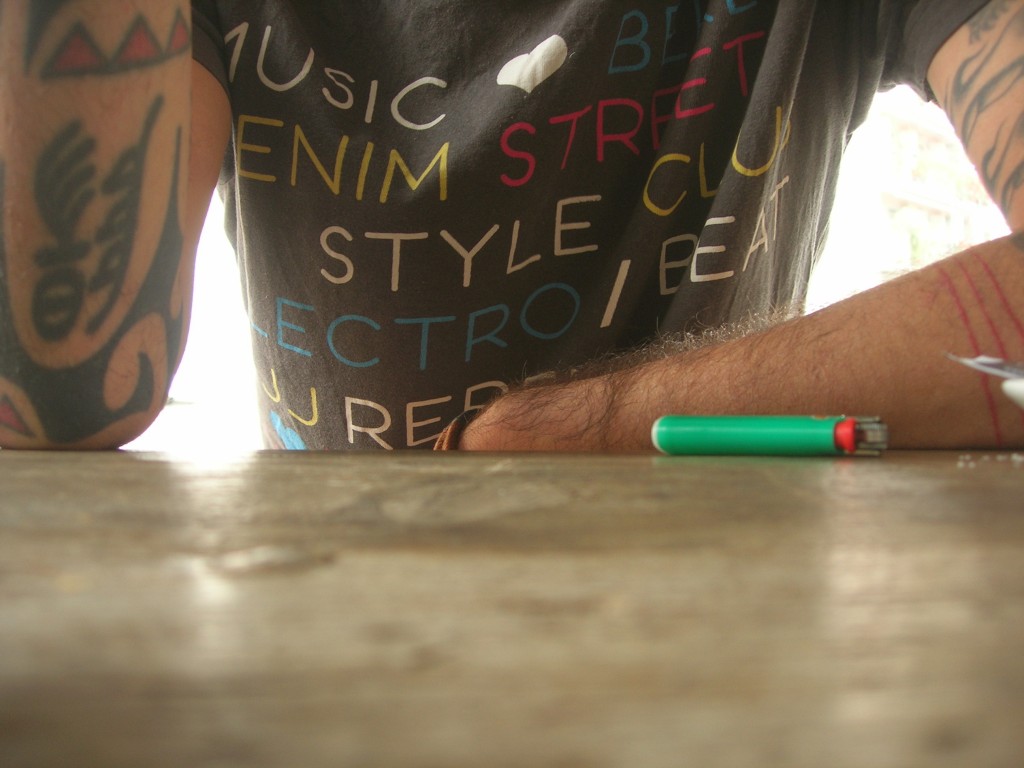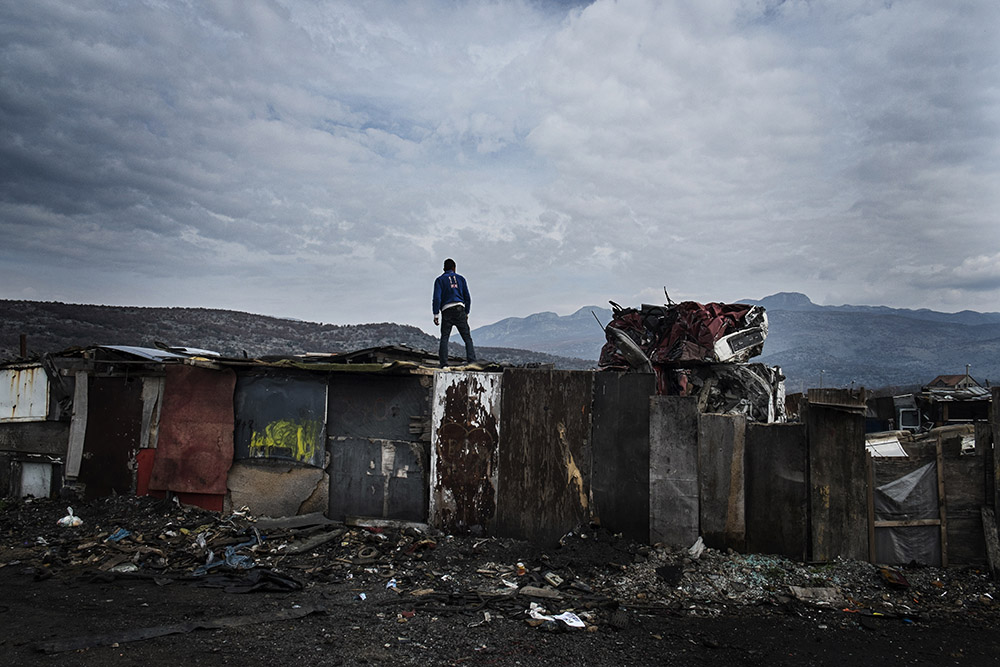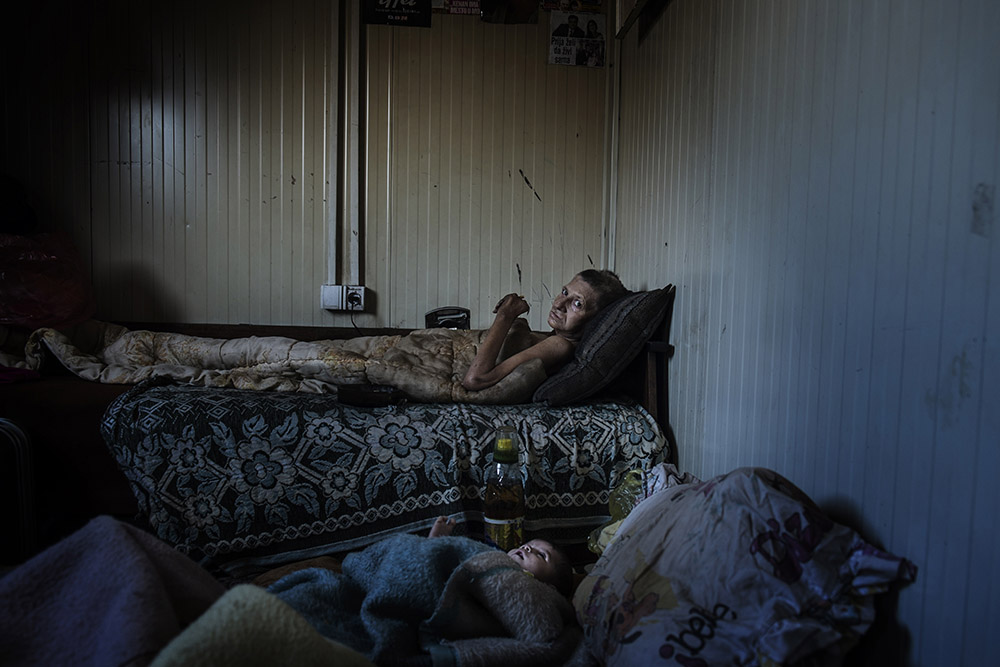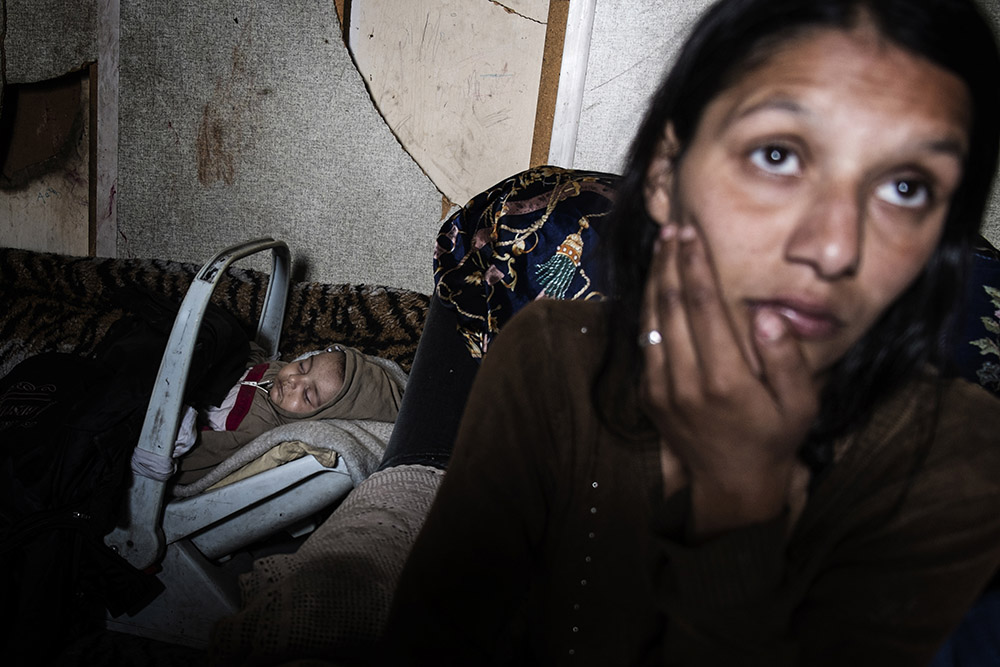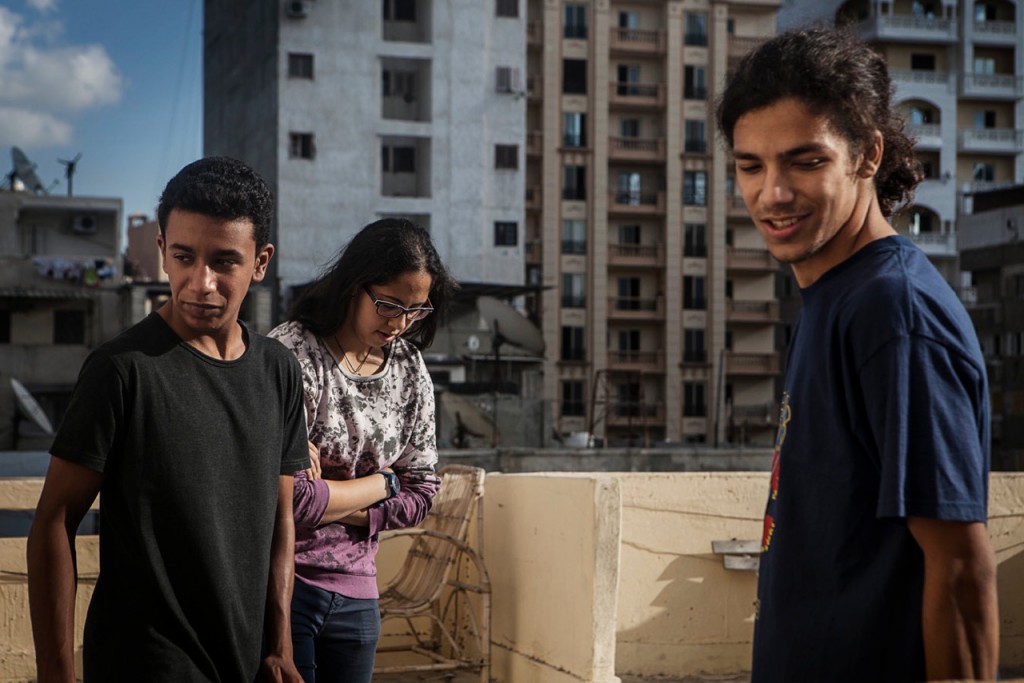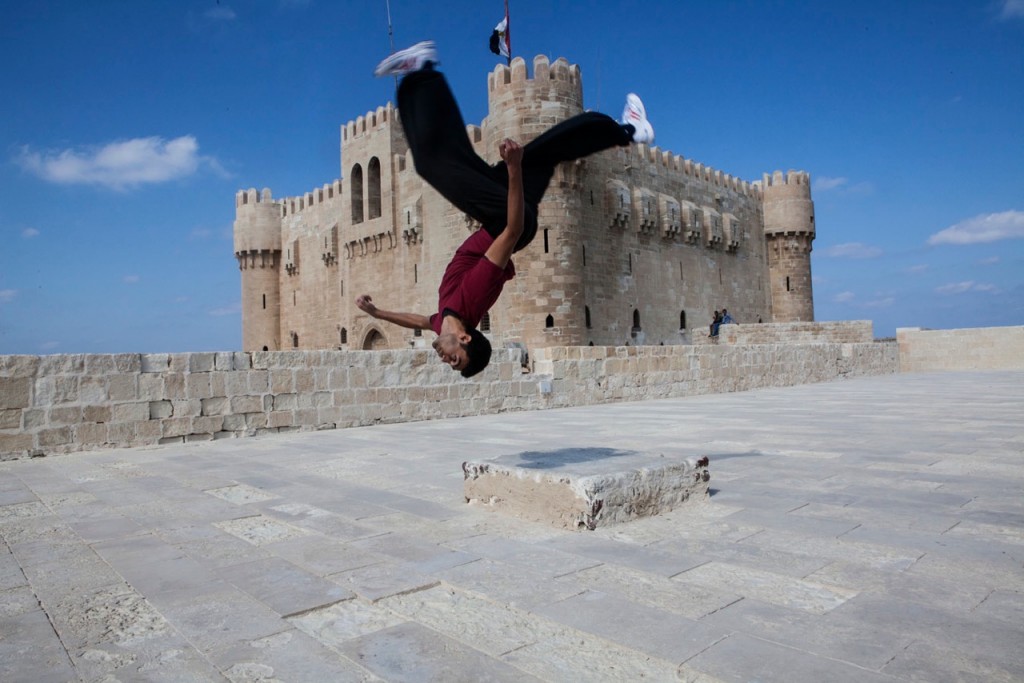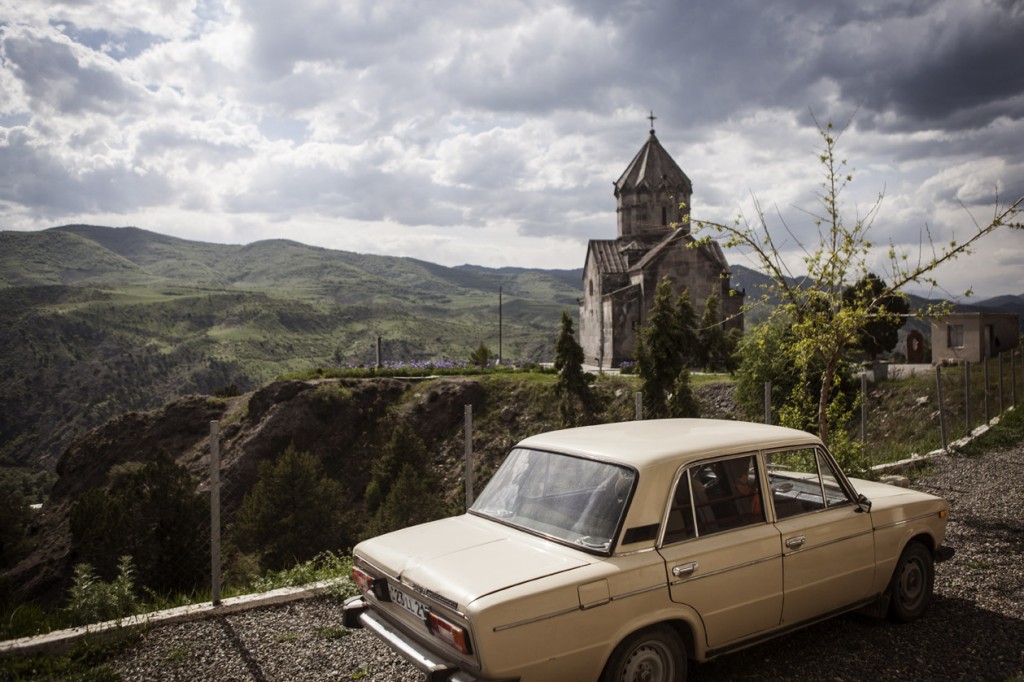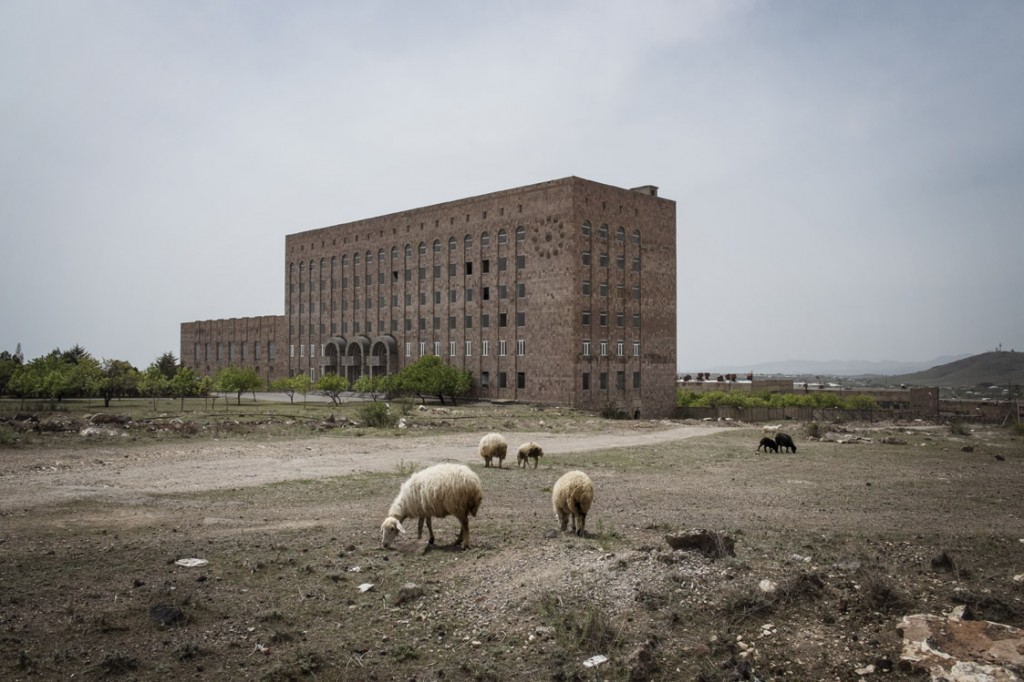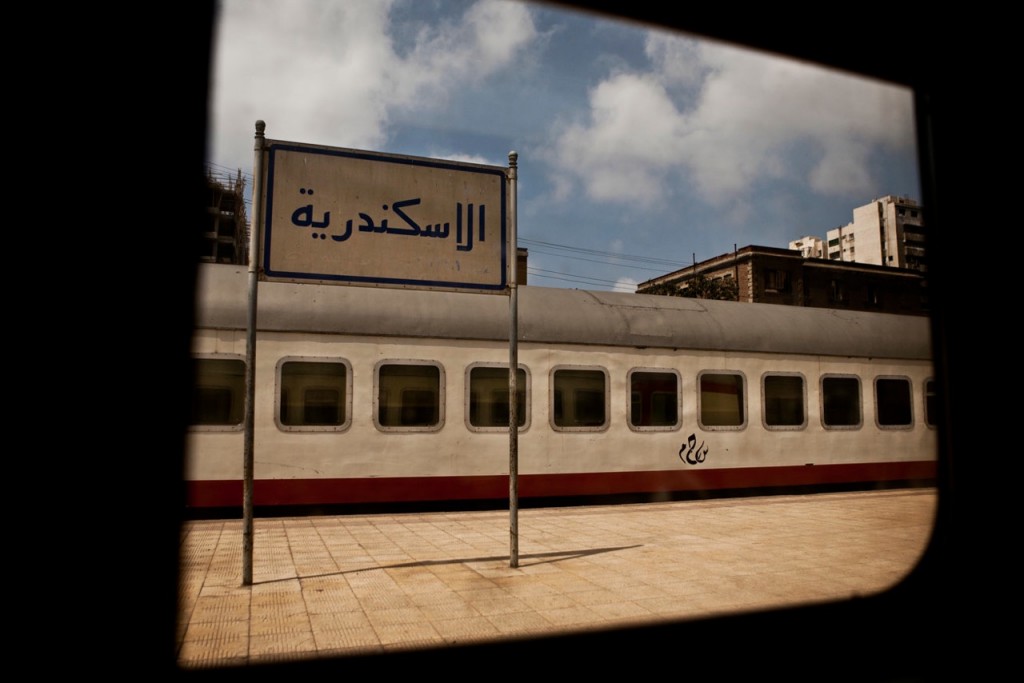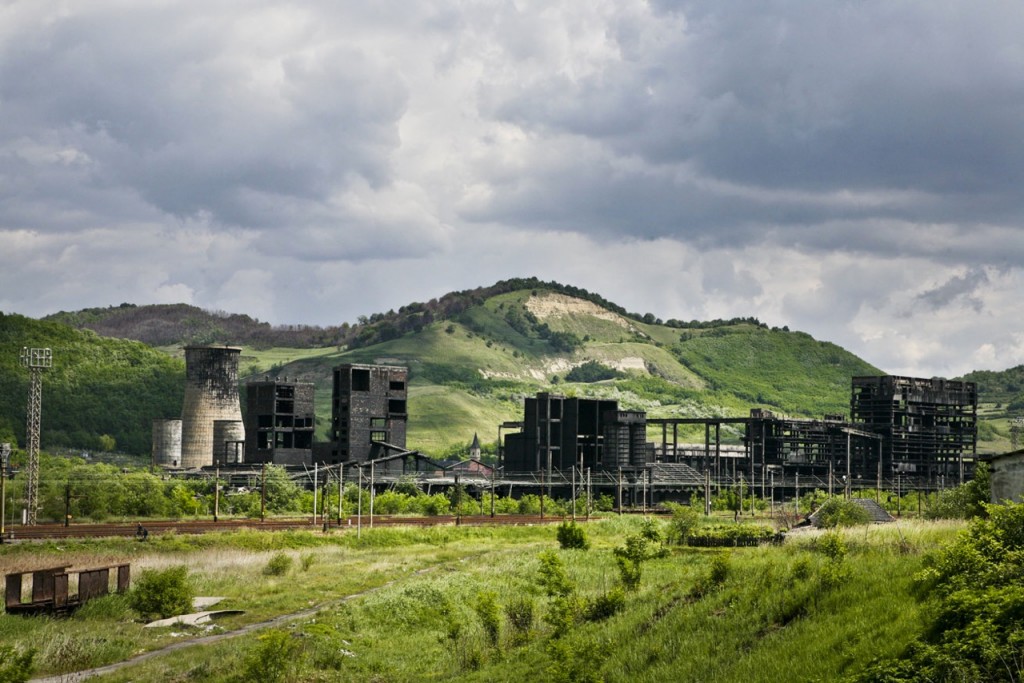I meet Gianmarco Maraviglia (1974), Milanese photojournalist, one afternoon in May in his neighbourhood, Isola. I was born an year before, I love his own neighbourhood, the same clubs he likes although I have decided not to consider Milan anymore as my main city, where unlike him I was not born. We take refuge for this interview at the Blu café in the midst of a spring downpour: it’s a bar that also hosts a radio program, and it can be found at the junction of four roads, which well reflect how in 10 years, the neighbourhood, near to Scalo Farini, has been turned up-side down in its urban and social fabric. Prior to that, it hosted shreds of incredible aggregations such as La Pergola (social club where the most acclaimed music experiments have transited) and a park with a self-run centre dedicated to the arts.
Echo is his new-born baby, a photojournalist agency with a very precise angle: seek out and tell stories which leave a mark, an echo, which in turn creates other stories. Remembering that all that happens, on any continent, has both a reason as well as consequences. And needs discovering.
Your story in 10 lines?
Born in Milan, father from Benevento and Egyptian mother, I did classical studies. I tried university in a couple of different departments, like many without even sitting an exam, end up studying photography at IED where incidentally I teach – which is a great satisfaction. The passion for photography has been there all along, I first studied it and then I turned it into work.
Have you always lived in Milan (besides travelling for work)?
Yes, I have always lived in Milan. At the moment I’m doing a little back and forth with Germany, Freiburg, because my partner is German.
You consider Freiburg one of your cities?
Yes, maybe. Together with many others I’ve been to, which I feel less my own.
What has Milan given to you, considering it’s the most important city of your life?
I like Milan, unlike many others, and I stand up for it a lot (even with modern communications, the social networks): I like it, finding it the perfect way between a Mediterranean world, which I adore, and a minimum (I mean, a minimum) mitteleurope organization. I wouldn’t be able to live in a city too organised, that’s what I mean.
As an entrepreneur are you gratified here? And generally how is it going?
It wasn’t a business motivation which pushed me to create the agency; working wanted to work with other colleagues, sharing experiences and emotions. I’m the only one from around here among the photographers I work with. We communicate via Skype.
What have you given to Milan in personal terms and, if you want, in more general terms?
I think I’m a person with a reasonable cultural knowledge and I’ve tried to carry this along all the fields I cross – from public meetings to friendships: I try to transfuse what interests me, trying to give to others inspiring contents.
You’ve no criticism for Milan…
Wouldn’t now, nothing really comes to mind.
Have you a specific moment you remember in a fulfilling way, a happy moment?
I have two children, so certainly the happy moments are not alone their births but their expectation, always lived between an arrival and a departure. They’re handsome. My partner is a photographer and photo-editor.
We all live here in Milan, the kids grow-up completely bi-lingual.
Don’t you feel any temptation to change city?
The temptations are probably to move, but not to Germany. We adore complex cities, messy – Cairo, Bangkok. We could do it in Bangkok; in Cairo it’s difficult. Our youngest son is a few months old and it’s not the right moment there right now.
What do you like to eat and drink?
When I’m abroad, I admit, I eat exclusively from street shops in the worst places, because I’m curious and a I consider food much too an important cultural element of the country I’m passing through. All said though, a pasta with tomato (sauce, editor’s note) and basil, I swear, remains one of my utmost pleasures. To the extent that every year on the 26th of December I organize with whoever stays in Milan for Christmas (and we’re many, sometimes 35), the “pacchero” evening (a regional, more specifically from Gragnano, type of pasta- editor’s note).
I’ve always loved excellent Piedmont red wines, but since a year I’ve become allergic and I’ve substituted, them, with whites, which I then discovered and now adore. I got back a few days ago from Armenia and from Nagorno-Karabah (where he went to work on the story of the Syrian Christians of Armenian origin, who escaped from the war in Syria, editor’s note): I discovered vodka, which before I didn’t like: it is extremely popular there. When you arrive at the restaurant you have already a glass waiting for you at the table and a menu (written in Russian) with several other types of vodka, and since I can’t read it I order the most expensive which costs about seven euros a bottle. Now I am crazy for it; it’s a drink I severely underestimated!
Favourite music and book?
Undoubtedly I love electronic music, I like to go dancing. My hangout was Plastic, Friday, Saturday and Sunday – if needed, Thursday’s at the Gasoline. Now wherever I happen to end up, I’ve friends that organise evenings and I generally trust their invitations. Tunnel, for instance, is probably one of the few good Milanese clubs left. The problem is the opening hours. If you travel a bit, you realize in other countries you can decide to go dancing at six in the morning because at that hour a deejay you’re into might be playing. Here, even when I have foreign friends visiting, I know everything closes at 4 am. You can also find afters around, but they’re small and hidden. You have to look for them and know where to go.
What have you learnt from life so far?
I don’t know if I’ve learnt it or else it’s always been that way for me: I take everything with a smile. I’m one who tries not to get very angry (someone might disagree when reading this interview probably!). And it’s a philosophy, if you want, reggae-style.
One talent you have and one you’re lacking?
Maybe photography, although I consider it as photojournalism, if I have to really glorify myself with a talent, I can tell if a story has editorial interest or not. Before others discover it. At least I hope!
I’d like to be able to play an instrument, but I’m completely useless.
Let’s get back to Echo. Why do you look for stories and their consequences? Without yet considering the editors which might be interested, what stories and for which readers are you discovering around the world?
Good question. We try to find stories which interest two types of readers, firstly ourselves. The second is the reading type we have in mind, which obviously doesn’t exist or is a small niche, not only in Italy but also abroad, notwithstanding all that is said. We look for stories, which go further in depth; we hate a ‘touch and go’ attitude. All of us (we are eight photojournalist) have a personal project, in slang called long-term project (which is like a urging story which must be told). One of us, Valerio Bispuri (Rome) has documented for 10 years the life in South American prisons. For over a year I have been documenting all the foreign religions practiced in Italy. My second son was yet to be born, but since the birth of Olivia (my first child), who has grandparents of four different nationalities, I travelled for three years in their respective countries of birth to describe multiculturalism to a young girl growing up with several traditions, cultures and languages.
Your approach is people-to-people, but you’re all concentrated mainly on the portrait and less on the context?
We’re passionate first and foremost about stories regarding people rather than places (which come across through the stories of people). We’re all obviously very empathetic, so the personal contact is essential. As for style, contemporary photojournalism is heading very much towards portraiture.
What do you like about Italy? Do you ‘sell’ an area in particular?
We have very few jobs done in Italy. Italy isn’t a different country for us besides that we are here: we are an international agency (four of our photographers are not Italian). If there’s an interesting story, we tell it because it’s international. There are also, if you want, economic motivations: this job must be done with a mind to sell to more than one country. If you tell a typical Italian story that only interests an Italian newspaper, it’s hard to succeed…
What type of journalism do you like to read, also photographic?
We’re insatiable consumers of images and articles. There are high levels of excellence, unfortunately not Italian (except for Internazionale, which usually translates foreign stories). Something which draws the attention of the New York Times is lacking in Italy:in fact, the NYT has been offering for years an online section dedicated to international photojournalism, LightBox. The same is done by the Washington Post, the Boston Globe, the Guardian. Also many other editors have understood that there is a niche of people who although hungry for information, has also the visual culture to be able to decipher and appreciate these languages.
What chances do we have do achieve certain media standards? Especially if as you mentioned, here in Italy we don’t even have the raw material to move in that direction?
I don’t worry too much because I operate in a global market.
Would you agree with the statement that weekly Italian lifestyle magazines are taking on, in terms of reportage, what the daily newspapers of the big editorial groups – to which the magazines also belong –have in the end partially rejected?
Yes, although they are reaching their, because you know who are the readers of weekly lifestyle magazines and often you head to show some stories knowing beforehand they won’t publish them, the subject being too tough, or else… well, I would have pretty unpleasant examples but I can’t tell you because other people are involved.
To cut a long story short, sometimes you show them stories adapted for women readers (in Italy there are not many left among the few who actually still do reportage): a story on women we often meet during our travels, maybe within the bigger story we’re doing or within our long-term project, extrapolating and matching up, for, well you know, nothing is wasted in our work. However, the story may be interesting, we often hear: “the protagonist isn’t pretty” although it’s a female figure with an incredible story to tell, she’s not sexy, I mean the way typical girls are in television shows.
It must be said it is not only a question weighed down by the publicity advertiser; some of these papers are distributed with the main daily Italian newspapers. They tell us: “you can’t push certain stories in our reader’s homes, people will not buy this magazine, so you must be soft”.
How long have you been open? Do you have no-profit projects; do you deal also with publications?
We do a lot of things, we’ve been open since a year and a half and I’m pleased to thank one person particularly, Stefano Guindani, an Italian fashion photographer with a great agency, the SGP: Echo is born within SGP and although concerned with completely different things, it has his support. Obviously the core of our work is photojournalism but many of us teach and run workshops, exhibitions (lately we work with multimedia: video and photography together). A project we just finished with the municipality of Milan is l’Associazione Terza Settimana (Third Week Association, editor’s note) besides SGP (thanks to Nikon which gave us the cameras) it was a very special photojournalism course lasting three months and dedicated to 15 Milanese homeless people (the course was run by myself and Aldo Soligno). Our students are telling us stories from their life as homeless. The project will soon turn into a an exhibition at the PAC of Milan. This Council gallery has always showcased a certain kind of art for people of a certain milieu, so for the first time we are able to bring certain topics and authors in settings generally tuned on other subjects.
Have you ever thought about doing citizen journalism?
No, I’m not interested and I don’t like it. I find it an easy short cut used by newspapers to have free material and often without any sort of controls.
If you had the guarantee that the person commissioning the work (for example, a group of citizens or a citizens-friendly pressure group) was calling you for a good cause, would you work for him?
A good cause is always very relative: when it’s good for someone, it won’t be for someone else. In my last trip, the Syrians running away are absolutely pro-Assad and against the positions taken by what were initially the positions of the Free Syrian army which then changed in time. Therefore, for them, Muslims in general are the devil on Earth and Assad a God. That’s not what it’s like in general and I always try not to take sides when I work.
What do you see for Echo in the future? Will you stay in Italy where not much photography is sold, reaching out to a no-so-sophisticated readinship?
We mainly sell abroad rather than in Italy. The location of the agency has no importance whatsoever: all is sold online. This is a period of great change for the editorial market, especially those doing photojournalism. There are no longer newspapers that commissions a story, possibly long and demanding, with the possibility to spend tens of thousands of euros per story. Altough I do know that newspapers pay this sort of money for gossip photographs. But I don’t want to enter into this polemic because in the end, the readers decide. We could say that the readers can be taught a different type of reading, but until you don’t offer it, you’ll never know…
The role of portraits and stories such as the ones you work on… is it an antidote to the educational illiteracy of the reader? Does your work make readers get back to important themes or getting a first contact with them? The portrait is more direct; it’s basic, less cultural filters are needed than in the case of a written article. Indeed, that’s why we use photos, complemented with a large tagline introducing the theme. It is a bit of a downgrading to think that this might be the future function of photojournalism. And actually it is not a country issue. The average experienced reader will find the news in spite of the lack of worthiness of the major daily newspapers of his country.
Stories and consequences of your own stories? Which is the first one you started with?
The first story was published a few days after we opened. I was on holiday in Greece, I had left my job in another agency and I decided to unplug and head to a country I know well. There, in Thynos, two summers ago, the idea to open Echo took shape. While I was in Greece I thought of doing a shoot (in the midst of the economic crisis) from another standpoint. I told the story of those, who, having left Athens, which had become too expensive, returned to live on the islands where they had family homes to spend less, but above all to recover the sense of community in a dramatic moment for the country. The story went down well and a few days later Sette (Corriere della Sera) published it.
Translation by Paolo Witte
